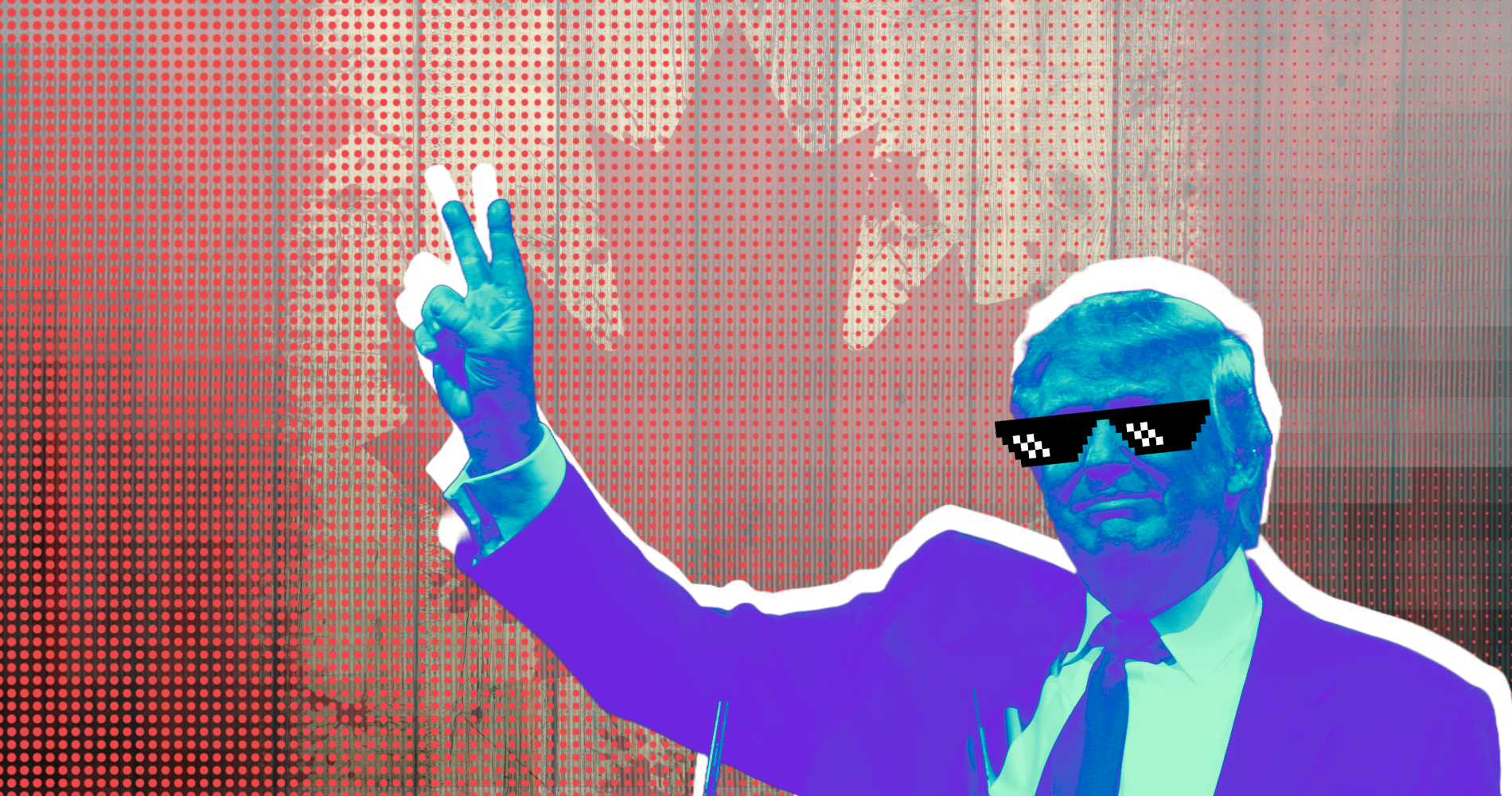Despite all the venom Saskatchewan’s governing party spits at the federal Liberals and all the praise they heap on the federal Conservatives, you must think that way deep down, they might secretly wish for the Liberals to form the next government of Canada.
From Sask. Party leader Scott Moe’s first day as premier, when he challenged Justin Trudeau to “just watch me,” to the past week, where he mused about the “significant problem” a Liberal victory would have on western Canadian voters, the provincial government’s brand has been inextricably tied to the Liberals being in the seat of federal power. Without the federal Liberals as a constant foil to blame for any and all misfortunes that befall the province, the Saskatchewan Party would be absolutely rudderless. With a future that John F. Conway once described as “ominous and uncertain,” you really must wonder if provincial leadership could function in a regime of multiple crises where they would be unable to lay problems at the feet of another politician or level of government.
There is a very real possibility that Canada will enter into a recession over the coming months due to the impact of U.S. tariffs, as well as the profound uncertainty that accompanies Trump’s trade war against the rest of the world. International oil prices are cratering and the possibility of Russian potash once again flooding into the world market means that the privileged position that Saskatchewan enjoyed as the world’s sole potash superpower may soon be over. China’s 100 per cent tariffs on Canadian canola could potentially be devastating for one of Saskatchewan’s primary cash crops. The province’s near-term economic future looks increasingly bleak and all its political leaders will have to navigate in a sea of economic uncertainty that the prairies have rarely experienced.
The Sask. Party’s current leadership has never governed the province without a Liberal government in Ottawa, and it is not hyperbole to argue that they have confronted many of the economic challenges his government has faced by at least partially blaming the federal Liberals.
Inflation? Ottawa’s carbon tax. Job loss? Ottawa’s Bill C-69. Low productivity? Trudeau’s so-called “anti-energy” policies. Competitiveness? Trudeau’s Bill C-48. Deficits? Federal Equalization program. High Tuition? Ditto. Name a problem, and the provincial government has found a way to blame the feds rather than accept the province’s share of responsibility.
How the province would navigate the coming economic crises with a federal Conservative government in power is difficult to see. While former Premier Brad Wall was able to maintain a high level of popularity governing under a federal Conservative government, those were drastically different times. Wall was fresh and young, and blessed with a resource commodity boom that stuffed provincial coffers. However, with the oil price crash in 2014 coupled with the election of federal Liberals in 2015, the former Saskatchewan premier would also pivot to the same admixture of western populism and Ottawa-bashing that has so defined the Sask. Party ever since.
As Charles Smith and I have written, this form of extractive populism—which sees Saskatchewan’s prosperity as indelibly linked to the oil industry and views the federal government as a malign interloper with designs to kill Saskatchewan’s resource economy through onerous taxation and environmental regulation—has been an animating force in the Saskatchewan government for more than a decade. It has served the Saskatchewan Party well, winning it three consecutive majority governments since the 2015 election of the federal Liberals.
But as with all populisms, extractive populism requires an enemy to mobilize in defence of—to “stand up to.” Obviously, the election of a Conservative government would profoundly constrain western Conservatives’ reflex to blame the feds for any and all ills. But could the Liberals’ pivot to more right-wing business liberalism also fail to provide enough fuel for the populist fire?
Certainly, the Liberals have addressed some of western Canada’s grievances through their current party platform. They are ending the much-maligned carbon tax, and promise to create a “one window” approval process for natural resources projects, as well as streamlining environmental impact assessments for new projects to two years. All of these have been long-standing bugbears of western Canadian conservatives. Caught flat-footed by the Liberals’ co-option of certain right-wing grievances, conservative leaders are forced to question the Liberals’ credibility to keep these promises.
There appears to be a two-track approach by western Conservatives now that a Conservative federal election win is no longer a certainty. They desperately want to paint the Liberals’ new leader as a carbon-copy of Justin Trudeau, in order to shore up conservative electoral chances by presenting him as a Liberal who can’t be trusted. But they are also preparing the ground for a potential Liberal victory. This is why we are, all of a sudden, seeing prairie conservative leaders speaking about the potential for a national unity crisis if the Liberals succeed in winning the next election. We witnessed the exact same kind of rhetoric in 2019 when the Liberals pulled off their second electoral victory, with both the Saskatchewan and Alberta premiers using the cudgel of western separation to make a host of demands of the new federal government.
It certainly looks like this election will see a repeat, with right-wing premiers in the prairies using the threat of western separation to try and exact concessions from the federal government. But with the new Liberal party already conceding to many western Canadian demands, it remains to be seen (should they win government) whether they can be reliably cast as another enemy of the west. However, given that prairie premiers don’t really have any other play than to cast a Liberal Prime Minister as an enemy of the west, anything other than complete acquiescence to western Canadian demands will be viewed as evidence of eastern perfidy.
Extractive populists like the Alberta and Saskatchewan premiers need an enemy, and in a pinch any Liberal leader will do.


